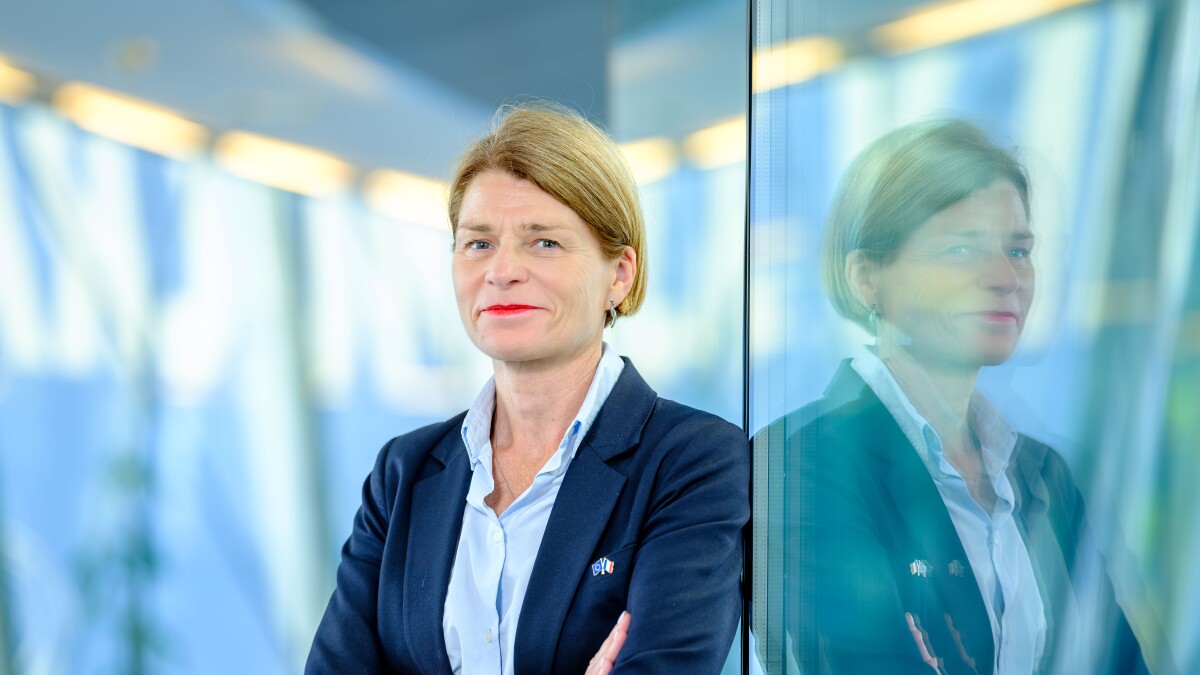The Polish presidency has placed the Ocean Pact on the agenda of the European Summit on March 20-21. In May, Costas Kadis, the Commissioner for the Sea and Oceans who has been consulting with all stakeholders since his appointment, will present its outline at the European Maritime Day in Cork from May 21-23. The 3rd UN Ocean Conference will be held in Nice from May 28 to June 13.
These are key moments to emphasize the absolute necessity of sustainable management of the seas and oceans, which balances economic development, social cohesion, and environmental protection. There is no doubt that opinions will be difficult to reconcile, between those advocating for human restrictions in the name of biodiversity preservation and those who support a « anything goes » approach, including illegal activities.
Legitimacy
Thanks, in part, to the Outermost Regions, the European Union has the world’s largest Exclusive Economic Zone: 25 million square kilometers. It therefore has the legitimacy to assume maritime leadership and impose a new world order aimed at supporting the blue economy, preserving ocean health, and managing conflicts of use. France, with its overseas territories, must also play a leading role in recognizing the strategic importance of the Oceans, which are vital for security and defense, communication, energy, commerce, and also… food sovereignty.
In this regard, the fishing and aquaculture sector, as part of the blue economy, must be recognized as strategic. Its socio-economic dimension must not be minimized. It is the backbone of coastal communities and a fundamental part of European lifestyles. The entire supply chain (from fishing to distribution and processing) is characterized by a high labor intensity, is essential for many regional communities, and contributes to our food security.
Europe must impose international governance on oceans to respect the rules for all.
European fishing is the most virtuous and regulated in the world, sometimes to the detriment of its own competitiveness! However, we must acknowledge that we import 70% of the seafood we consume… While the revision of the Common Fisheries Policy, under European competence, must address challenges such as renewing generations and modernizing fleets, professionals in the sector are expecting the Ocean Pact to address the unfair competition posed by fishing vessels from third countries, which often engage in overfishing or even illegal fishing practices.
Zero tolerance
Zero tolerance for illegal fishing must be a priority for the European Union. It is a global scourge in many ways: first, environmentally, in terms of food security for future generations, and also socially and humanely, as we know that illegal fishing is often carried out at the expense of basic human rights.
In defense of its interests, the European Union must therefore consistently enforce existing legislation, or even demand that it be strengthened. It must also impose the culture of respect for rules in international ocean governance for all. European fishing is the most virtuous and regulated in the world, sometimes to its own detriment!
Also read: Filming the Oceans to Show the Consequences of Climate Change
The debates on the Ocean Pact should be an opportunity to remind us of this. There can be no European food sovereignty without support for production. Access to maritime areas for sustainable fishing is a prerequisite. Therefore, we must be cautious of attempts by certain NGOs to further restrict access, refusing to consider the contribution of science and new technologies, enriched by the views of fishermen who understand the importance of healthy seas, in observing and preserving the oceans. We had the Farm to Fork and its excesses. We do not want to endure a Sea to Fork that would condemn an entire sector.
Source: lopinion




